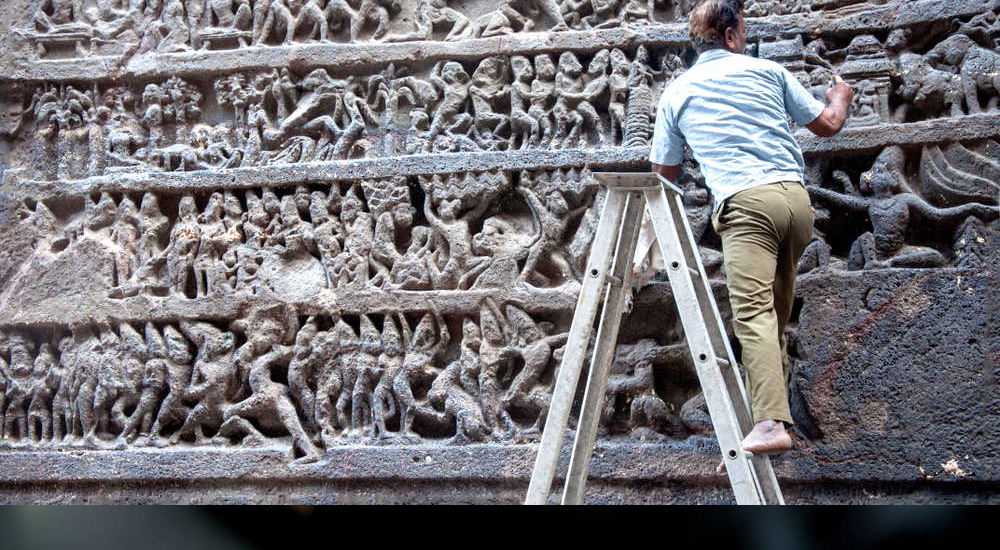American Indian and Alaska Native peoples are substantially interested in protecting, accessing, and controlling their cultural resources. These include land, objects, traditions, languages, and symbols.
Archivists and librarians can play an essential role in helping preserve the rich documentary heritage of Native American communities. However, they must constantly seek a balance between traditional oral traditions and the Western emphasis on the written word.
Preserving Cultural Heritage
The National Archives recognizes the importance of Native American records for preserving cultural heritage. It provides research guides, finding aids, and other resources for locating federal documents related to Native Americans.
“cultural heritage” refers to a wide range of tangible and intangible items representing a cultural identity or way of life. It includes things such as language, customs, traditions, and values.
It also encompasses places, structures, and objects considered part of a shared heritage. These can be places of remembrance, historical sites, and museums.
Some items are held in collections nationwide, and individual tribes store some. In these cases, the community is vital in determining how to maintain the group and its future use.
Often, the community profoundly understands what constitutes culturally sensitive information and what is appropriate for public release. Nonetheless, instances abound of misrepresentation and exploitation of sacred and secret knowledge that can cause irreparable harm to communities.
Protecting Native American cultural heritage is essential to the continued vitality of traditional tribal religions, customs and languages, and status as sovereign nations. In addition, the protection of these resources is required by law, such as the Native American Graves Protection and Repatriation Act (NAGPRA).
In many cases, tribal culture can be lost or damaged when materials are transferred from one place to another or when a community becomes displaced from its lands. This can happen in various ways, including mining, conflicting ownership claims, and regulation of public lands.
Maintaining Records
Keeping records is an essential part of preserving cultural heritage. It enables us to understand the past and present, protects natural and legal rights, and provides a basis for future research.
In the United States, Native American records are available from several sources, including Bureau of Indian Affairs (BIA) agencies and reservations, local and federal courts, state governments, churches, schools, and military archives. These resources are invaluable for anyone interested in their American Indian ancestry.
Numerous websites and commercial companies offer online resources to search for information on a potential Native American ancestor. These sources can provide essential details on a person’s history, family relationships, and tribal affiliations.
The importance of Native American’s research guide for preserving cultural heritage cannot be overemphasized. With careful attention, a piece of cultural history could be recovered forever.
While preserving records can be challenging, it is essential to maintain the history of Native American tribes and their ancestors. The following guides can help you to find the necessary resources for your research endeavors:
As with all other records, archival records are vital to preserving and protecting Native American cultural heritage. This is particularly true in the current climate, where major natural disasters and other incidents can damage historic buildings, monuments, and artifacts.
Preserving Documents
Museums, archives, libraries, and other cultural institutions have long played an essential role in preserving the culture of Native American communities. They record and keep traditional songs, arts, and knowledge to spread a better understanding of these cultures.
However, some communities are now raising concerns that these activities sometimes fail to take account of their rights and interests. This may lead to the misappropriation of materials, harming their communities and culture.
These issues can be difficult for archivists and librarians to understand because they have been taught to champion intellectual freedom and unfettered access to information. At the same time, many tribal societies hold knowledge and culture in a very different way. They believe that community sovereignty and related legal rights trump donor-imposed information sharing, distribution, and reproduction restrictions.
Fortunately, several federal laws help protect Native American cultural properties, such as the National Historic Preservation Act (NHPA) and the Native American Graves Protection and Repatriation Act (NAGPRA). These legislations require museums to inventory Native American human remains, funerary objects, and sacred items. They encourage tribes to return these resources to their communities or rebury them in traditional burial sites.
To encourage cooperation and mutual respect between museums, archives, libraries, and other collecting institutions and Native communities, a group of professionals developed the Protocols for Native American Archival Materials. These Protocols outline best practices and standards for working with Indigenous communities in a culturally responsive manner.
Preserving Information
The information in Native American archival collections includes various materials: photographs, letters, documents, prints, drawings, maps, moving images, sound recordings, and artifacts. They help researchers, educators, and members of the public learn about the complex histories of the different cities, towns, and tribes that make up our country.
To preserve the value of these records and promote access for their future use, archivists and librarians must consider culturally responsive policies for collection, preservation, and use in consultation with the communities who have contributed their information. These policies and approaches should reflect the values of the communities that have provided their materials and the values and priorities of the collecting institutions acquiring the records.
As a result, various issues will arise in caring for Native American records and the associated materials and resources. These issues include intellectual freedom, community ownership of knowledge, copyright law, protection of intangible property (e.g., traditional songs, music, dances), and preservation of cultural heritage in the context of new technological developments.
In many instances, it will take years of effort for a collecting institution to build essential trust relationships with tribal communities and understand their perspectives on various issues. Nonetheless, a library or archive can be cautious in approving access or use requests that appear to conflict with the Protocols for Native American Archival Materials until the tribes can be consulted and have had ample time to consider these issues.





